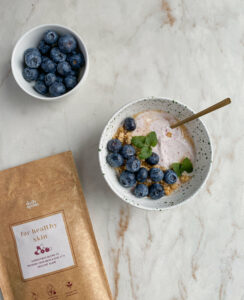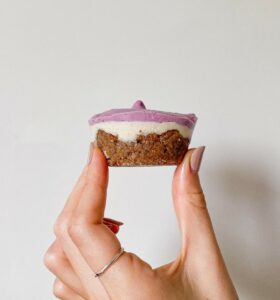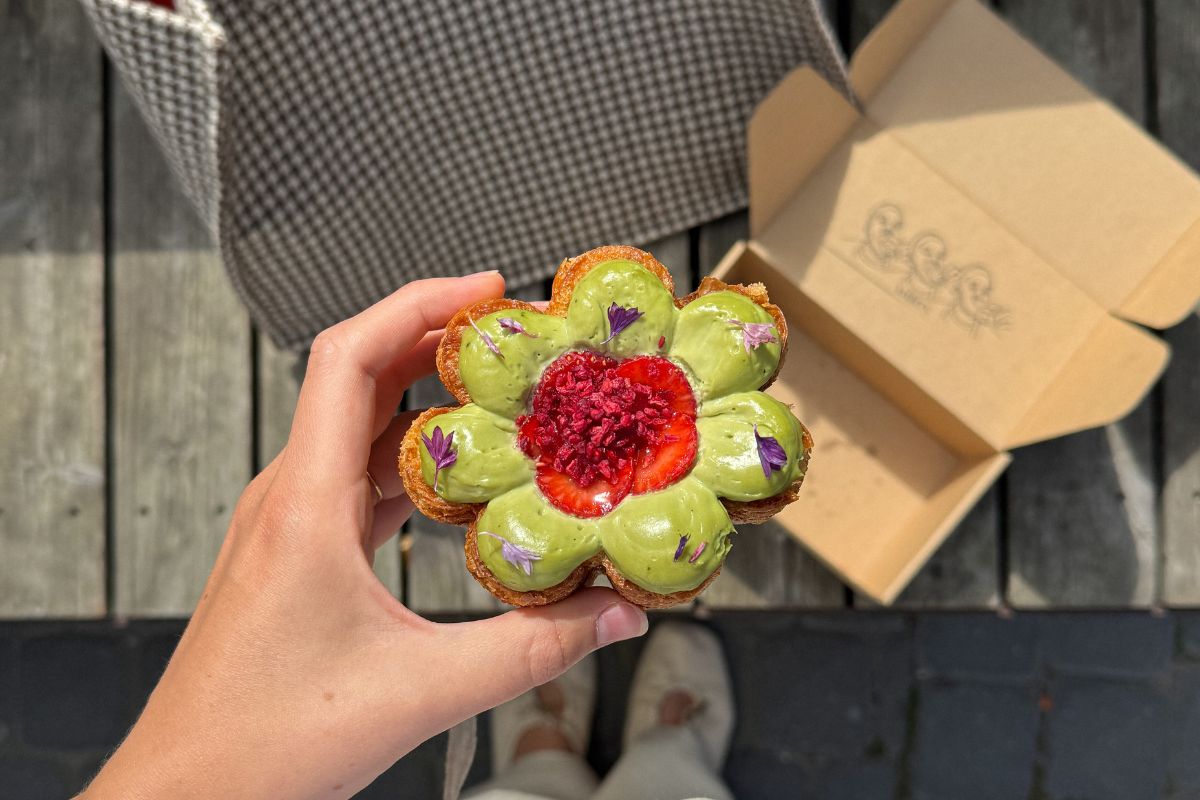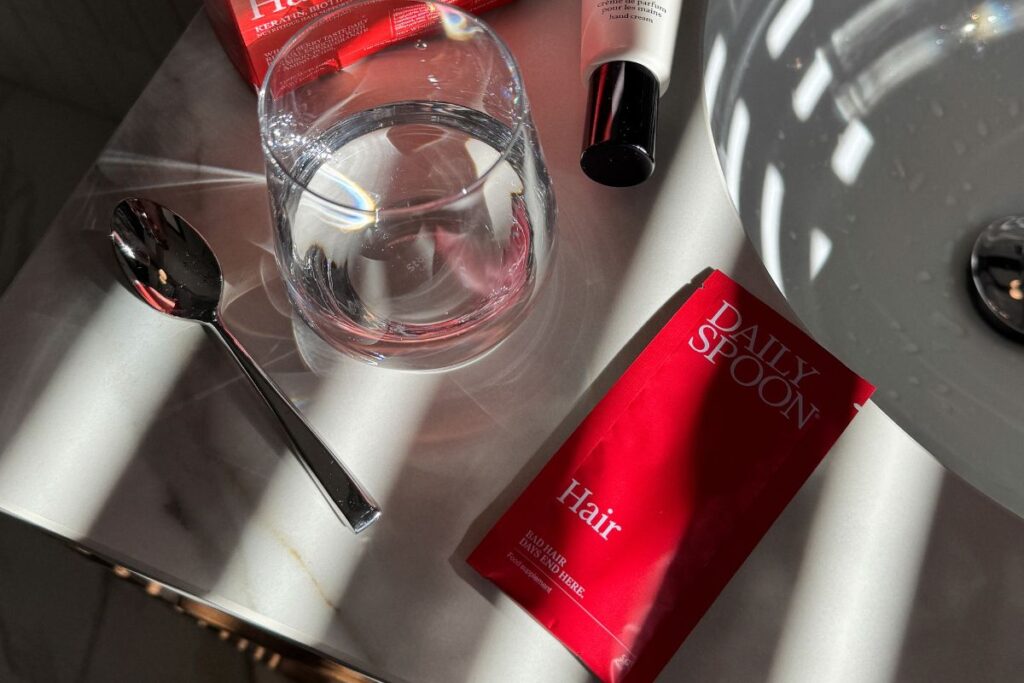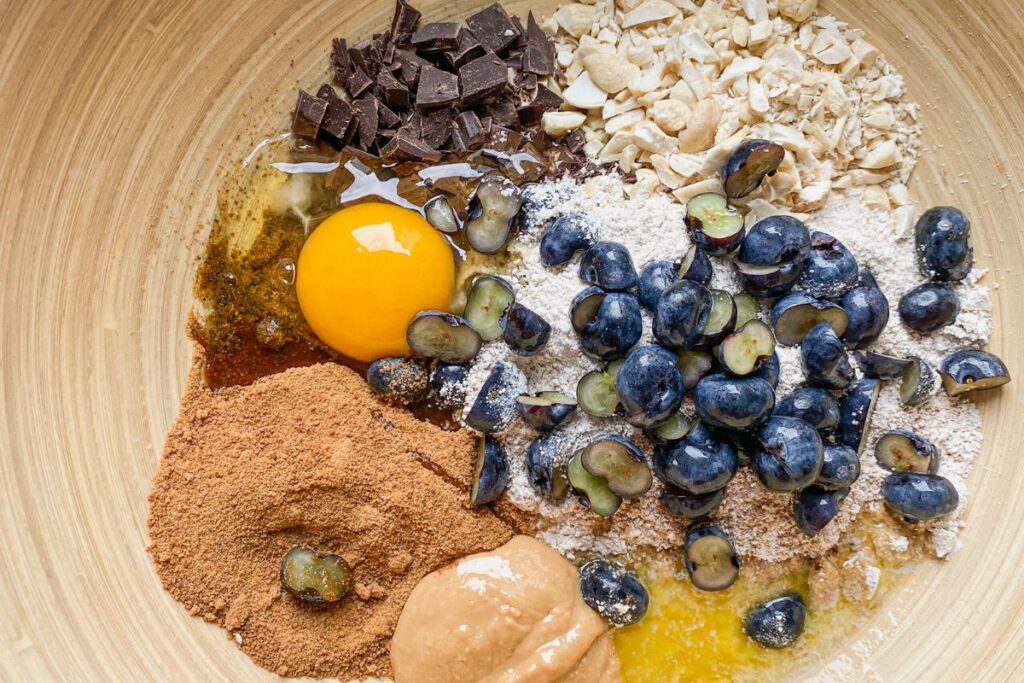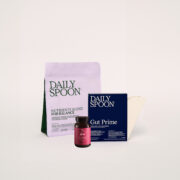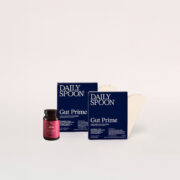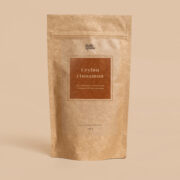The WHO recommends a daily sugar intake of about 25 grams (6 teaspoons), but according to recent statistics, Lithuanians consume much more, and consumption continues to rise. In recent years, it has been estimated that the average annual sugar consumption per person is about 42 kg, which is approximately 115 grams per day. Additionally, according to EU data, in 2017, nearly one-third of deaths in Lithuania were linked to poor nutrition (insufficient fruit and vegetable intake and excessive consumption of sugar and salt), which is almost twice the EU average.
Excessive sugar intake leads not only to overweight and obesity but also to diabetes, dental caries, and especially various heart conditions. An interesting example is a Harvard study that tracked 43,000 men over 22 years. The study found that participants who consumed sugary drinks daily had a 20% higher risk of heart attacks during the study period.
At first glance, sugary drinks might seem like a niche issue, but it’s important to realize that this category includes not only carbonated soft drinks (sodas) but also fruit juices, various sweetened coffees, energy drinks, and iced teas. Even if you don’t consume all of these drinks, a significant portion of added sugar in our diet comes from many other processed foods.
Despite knowing the health risks of sugar, about 90% of people still crave sweet products. Why? This can be caused by hormonal imbalances, particularly leptin and serotonin deficiencies, or the menstrual cycle. It can also be the body’s way of signaling a lack of certain nutrients. For example, a strong craving for chocolate might indicate a magnesium deficiency, while a craving for sweet fruits could mean a general shortage of vitamins, minerals, and antioxidants.
However, psychological factors have the greatest impact on sugar cravings. Various studies suggest that our subconscious often associates sweets with positive emotions and happiness. This mindset is influenced by extensive commercial advertising, movie scenes featuring sweets, and more. Sugar cravings can also be linked to increased stress levels.
So, the main question now is – how can we avoid frequent cravings for sweets?
Tips for Managing Uncontrollable Sugar Cravings
Avoid extremes
It’s not advisable to completely avoid sweet products. It’s better to include more fruits in your diet so that your body can satisfy the craving for sweetness while also receiving various vitamins, minerals, and antioxidants. Completely cutting out sweets can actually increase sugar cravings, so it’s not recommended to forbid yourself from eating sweet foods entirely.
Eat a balanced diet
Whole grain products, vegetables, and foods rich in protein not only provide essential nutrients but are also digested more slowly. This helps maintain stable blood sugar levels, which in turn helps prevent sudden and intense cravings for sweets.
A strong craving for chocolate might indicate a magnesium deficiency, while a craving for sweet fruits could mean a general lack of vitamins, minerals, and antioxidants.
Don’t Buy and Don’t See
A very simple way to avoid snacking on sugary products and cravings is to walk past them in the store without buying them, and to keep them stored in a high, rarely seen place at home. Instead, keep healthy snacks like nuts and fruits in frequently visible spots. This will also help prevent hunger, which often leads to reaching for sugary snacks — don’t let yourself get too hungry; choose nutritious snacks instead.
Sweeten Your Food Yourself
When shopping, choose unsweetened products, such as plain oatmeal without added “flavors,” natural yogurt, unsweetened plant-based milk, and so on. It’s much better to add your own favorite natural sweeteners like maple syrup or honey to these products.
Read Labels Carefully
It’s important to check that sugar is not listed as the first ingredient, and watch out for sugar being split into several different forms (e.g., brown sugar, cane sugar syrup, etc.). This is a common tactic manufacturers use to hide the true amount of sugar from consumers.
Don’t Skip Breakfast
Starting your day with a filling and nutritious breakfast will reduce cravings for sweets and snacking throughout the day. Good options include eggs, fruit, or a sweet porridge with an energy-boosting mix.
Monitor and Track Stress
It’s important to recognize when you feel emotionally down or exhausted and address it with strategies like getting more sleep, eating nutritious food, exercising, or meditating. This can help prevent “emotional eating.”
Drink Plenty of Water
Some people notice that drinking water frequently throughout the day helps avoid sudden sugar cravings.
Daily Spoon was born from the desire to see a different kind of healthy lifestyle product in Lithuania—one without empty promises or miracle weight-loss teas, but based on science and designed to help you shine and feel good.
Radvilė
Founder of Daily Spoon
Sources:


